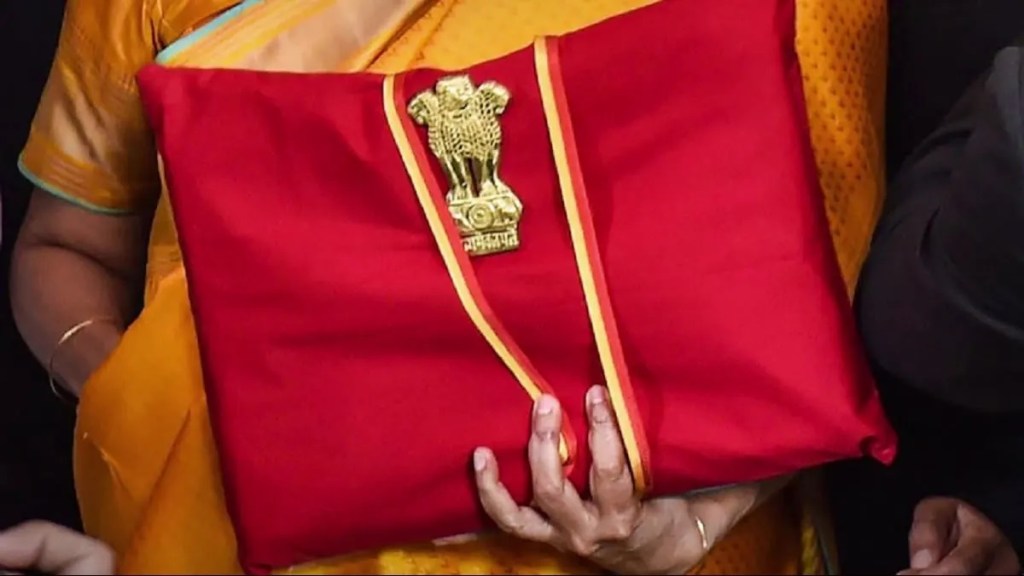Union Budget 2024-2025: Better access to affordable credit remains the centre point of expectations from MSMEs for the upcoming budget to be presented by Finance Minister Nirmala Sitharaman on February 1. Through various means such as TReDS, more credit schemes and enhanced fund allocation to existing schemes, MSME stakeholders have urged the government to take the support offered to MSMEs to the next level as the MSME Ministry aims to bring more MSMEs into the formal economic fold and extend credit support under priority sector lending.
Revise TReDS criterion, change in NPA classification norms
FICCI: Currently it is mandatory for all CPSEs and companies having annual turnover of more than Rs 500 crore to register on TReDS platform. It is suggested that registration should be mandatory for all companies having the turnover of more than Rs 250 crore as it would increase the purview of TReDS.
Currently, legal and compliance issues are preventing joint and corporate accounts from the scope of Account Aggregator (AA), thereby excluding a vital market segment of MSMEs from benefiting from AA. A concerted effort led by the Ministry of Finance and regulators would help address this issue.
Moreover, it is recommended that the 90 days limit for classifying overdue of MSMEs should be increased to 180 days so that MSMEs are not constrained to divert their working capital towards servicing of their loan instalments and clearing of their overdues at the cost of normal business operations. This improvement will save a large number of MSMEs from turning sick or getting closed resulting in loss of economic activity and employment.
Incentive for technology adoption
Akhand Jyoti Tiwari, Partner, MicroSave Consulting (MSC): Budgets may provide incentives and subsidies for MSMEs to adopt emerging technologies such as artificial intelligence, robotics, cloud computing, and blockchain, which can enhance their productivity, efficiency, quality, and innovation. This will help MSMEs/entrepreneurs to compete in the global market and leverage the opportunities of Industry 5.0.
The budget shall encourage innovations in financing to startups/MSMEs by lenders; this may include incentives to innovate alternative financing options such as crowdfunding, invoice discounting, and supply chain financing. Collaborations with other stakeholders, such as industry associations, corporations, and government agencies, to share and optimize the resources and facilities available for MSME will boost compliance and access to market opportunities.
ECLGS-like schemes
Ramaswamy Iyer, Founder and CEO, Vayana: There is a pressing need to have programs similar to ECLGS, to assist MSMEs and ease their liquidity position. Since MSMEs usually operate on thin margins and stretched working capital, such schemes facilitate lower interest rates due to credit guarantee and reduce the interest burden.
In the realm of global outreach, facilitating cross-border trade finance is imperative to achieve India’s ambitious export targets set at $2 trillion by 2030. Necessary amendments are required, especially to the Negotiable Instruments Act, which will allow MSMEs to access formal and affordable credit using digital negotiable instruments, thereby fostering their active participation in international trade.
Increasing fund allocation for schemes
Rohit Mali, Director, Firefly Fire Pumps: Increasing the allocation of funds for schemes like Raising and Accelerating MSME Performance (RAMP), other schemes would provide major financial and technical support to MSMEs. Also, continuing support for the Production Linked Incentive (PLI) in vital sectors, expanding the scope of the Emergency Credit Line Guarantee Scheme (ECLGS), and investigating alternative financing avenues holds the potential to address the credit gap for MSMEs.
This, along with targeted fiscal incentives for technology upgrades, digital solutions, and capacity building, can boost them towards cleaner materials and sustainable manufacturing practices. Through tax breaks and R&D grants, MSMEs possess the capacity to make substantial contributions to India’s GDP, facilitate job creation, lead in environmental leadership, and drive innovation.

